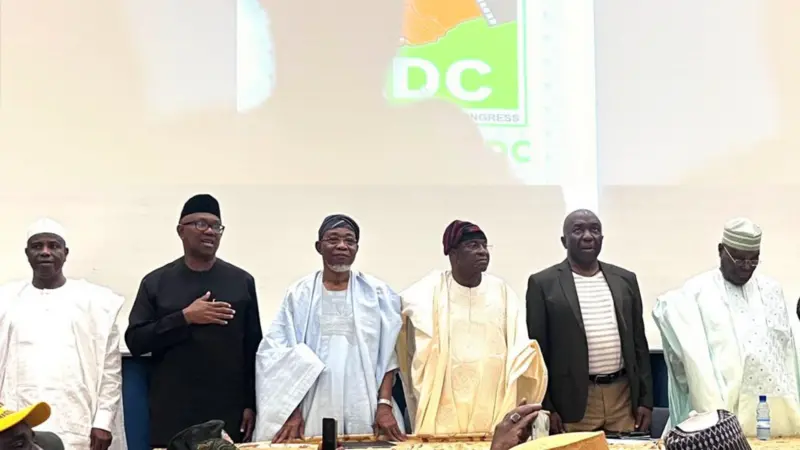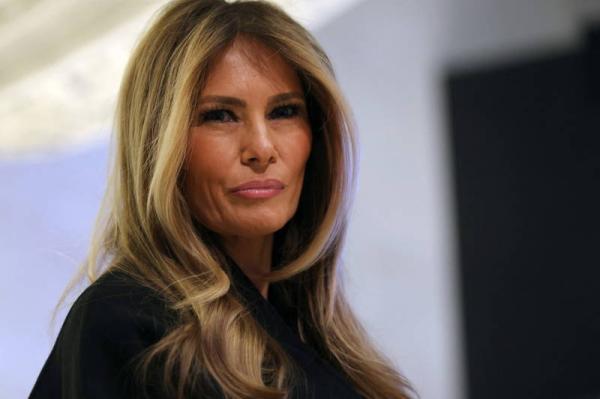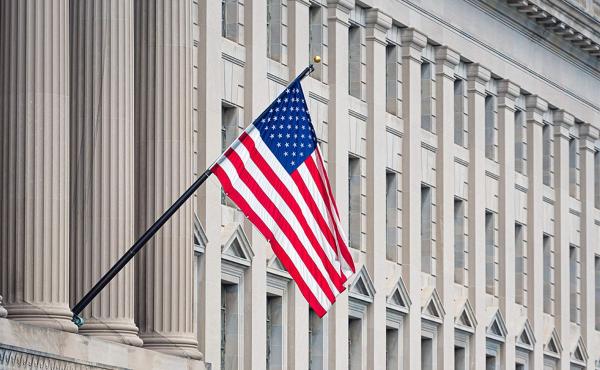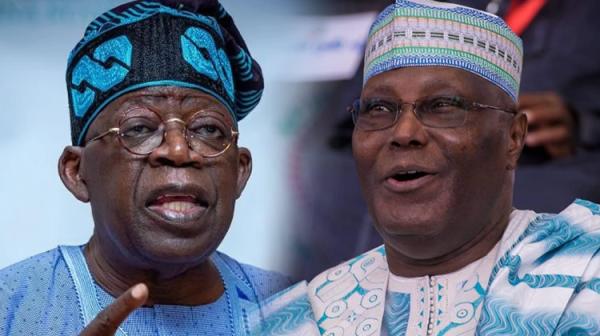
Not in absolute terms. Scarcity is caused by a number of reasons other than the presence of a price band. Lack of investment or expansion of receptive facilities, delay in payment of subsidy claims, smuggling and a whole lot of operational challenges contribute to cause the incessant fuel scarcity.
Deregulation of the petroleum industry means different things to different people - government, investors, marketers, etc. As workers with the regulatory agency, what does deregulation mean to you?
It is important to state here that the PPPRA was primarily established to superintend over processes leading to deregulation. In fact, the PPPRA is a post-deregulation agency. Administration of the subsidy fund is an ad-hoc function assigned it in 2006. Deregulation means full responsibility to the Agency. Since its creation in 2003, the PPPRA has been in the forefront of preparing mechanisms that support free market enterprise. The present subsidy regime is restrictive with regards to job function to our members. The Agency currently operates less than one-third of its core mandate owing to the subsidy regime.
If deregulation thrives in a free market environment where price is moderated only by competition and market forces, how would deregulation affect PPPRA’s regulatory function in the industry?
Interestingly, deregulation will enhance the regulatory function of PPPRA. The Agency will thrive the most under a deregulated regime. In a deregulated regime, the Agency’s primary focus will shift to value-added services, services to the operators, services to the consumer, checks, balances, investment drive, customer relations, consumer protection, development of alternative energy sources, research mechanisms, planning, advocacy, gas pricing, licensing and a whole lot of operational functions. The mandate at that point will be to enthrone the consumer as king, while also creating the enabling environment for investments in the downstream. The task will then be to engender healthy competition, prevent trade collusion and predatory tendencies, and ensure reasonable returns to operators and value creation.
With regulated fuel prices of N86 and N86.50 per litre, how would the policy work with subsidy in place?
In 2000, the Special Committee on the Review of Supply and Distribution of Petroleum Products recommended phased or partial deregulation of the petroleum downstream sector. A partial implementation is responsible for the deregulation of AGO (diesel). Deregulation is not the opposite of subsidy but an approach at addressing the many challenges arising from the regulated regime. We have begun a systematic thinning of the subsidy exposure until such a time when the other variables like boosting domestic production of the refineries, commencement of open-access common-carrier regime and commencement of private refineries are adequately addressed. Government should mandate the PPPRA to implement its earlier work-plan on phased deregulation.
Don’t you think non-passage of the Petroleum Industry Bill could pose a major challenge for deregulation to thrive? What do you think the government should do?
The Ministry of Petroleum Resources is currently re-drafting the Petroleum Industry Bill for re-presentation to the legislature. The importance of the bill cannot be over-emphasized. The impediments you are talking about are all too familiar. The PIB in itself heralds deregulation of the downstream sector. The industry relies on an obsolete and completely irrelevant Petroleum Act of 1968 to administer an ever dynamic and critical industry as the oil and gas. The PIB will instantly remove both legal and regulatory hindrances that hitherto restrict effective administration.
For instance, with the PIB in place, petroleum pipelines will be on a user-fee basis. This will ensure the seamless supply and distribution of petroleum products from the receptive facilities to the hinterlands. The absence of a PIB poses great problem for effective administration of regulatory functions. The regulatory agencies, for instance, under the current dispensation cannot be said to be truly independent. In just 10 years, the DPR has had five Directors. The PPPRA, within the same number of years, has had six Executive Secretaries; the PEF, within the same number of years, has had three Executive Secretaries and the NNPC has had seven GMDs! So there isn’t stability and proper planning owing to government interference in the operations of the agencies. PIB will help define roles and ensure independence.
How would PPPRA workers be affected under deregulation?
PPPRA staff are anxiously waiting for the take-off of the policy. The personnel are currently restricted with the subsidy regime. If you take a look at the downstream sector today, you will discover that PPPRA operatives are the strongest link in the chain. Data and figures from the Agency are the most reliable. In fact, the expansion and massive investments in the downstream were stimulated by the innovation of the Agency. Till today, the industry relies on the retail outlets census figures conducted by the Agency in 2006. That was the first genuine and exhaustive attempt at arriving at accurate consumption rate through petroleum products outlets.
The Agency’s introduction of triple layer inspectorate system at the depots is another plus to the industry. So in effect, deregulation will be a blessing to the Agency. Between 2003-2007 when the PPPRA introduced partial deregulation of the downstream sector, personnel of the Agency were visible and prominent in the effective running of the industry. As I said, the PPPRA is a post-deregulation agency. You cannot deregulate and leave the industry in the hands of operators. The consumer needs protection from predatory and other oligopolistic tendencies. That is where the PPPRA comes in.
There are strong arguments for and against deregulation of the downstream petroleum industry. What’s the way forward?
Proponents of both divides are right in their postulations. Those arguing for deregulation speak from an investment and fiscal point of view, while those against the policy see it from the standpoint of welfarism. But both divides will not disagree for too long. Organised labour, which PENGASSAN is part of, while willing to engage the policy, insists on government fixing the local refineries, job security and attention to inflationary tendencies the policy may generate.
The way forward is passage of the PIB in the long run, composition of governing boards in the short run and introduction of partial deregulation in the mid-term.






















